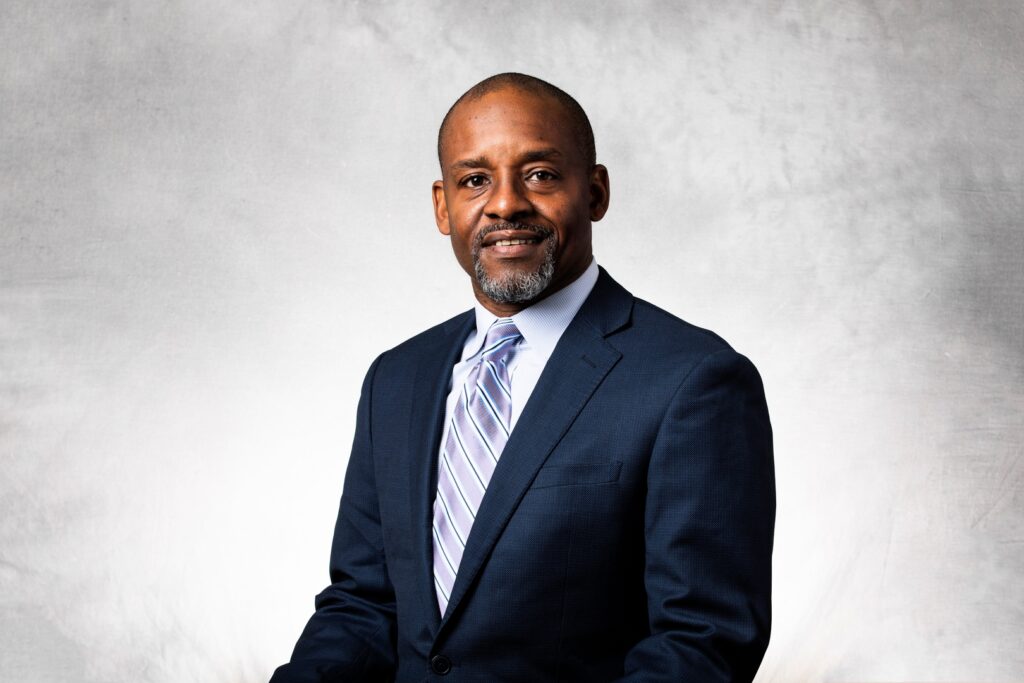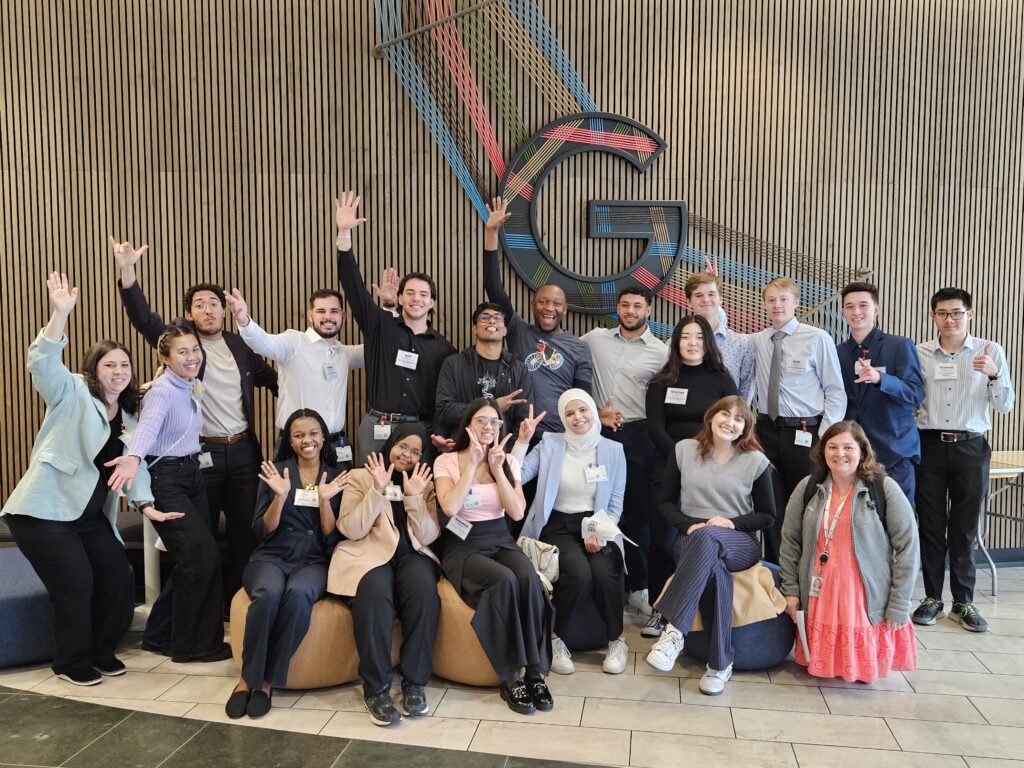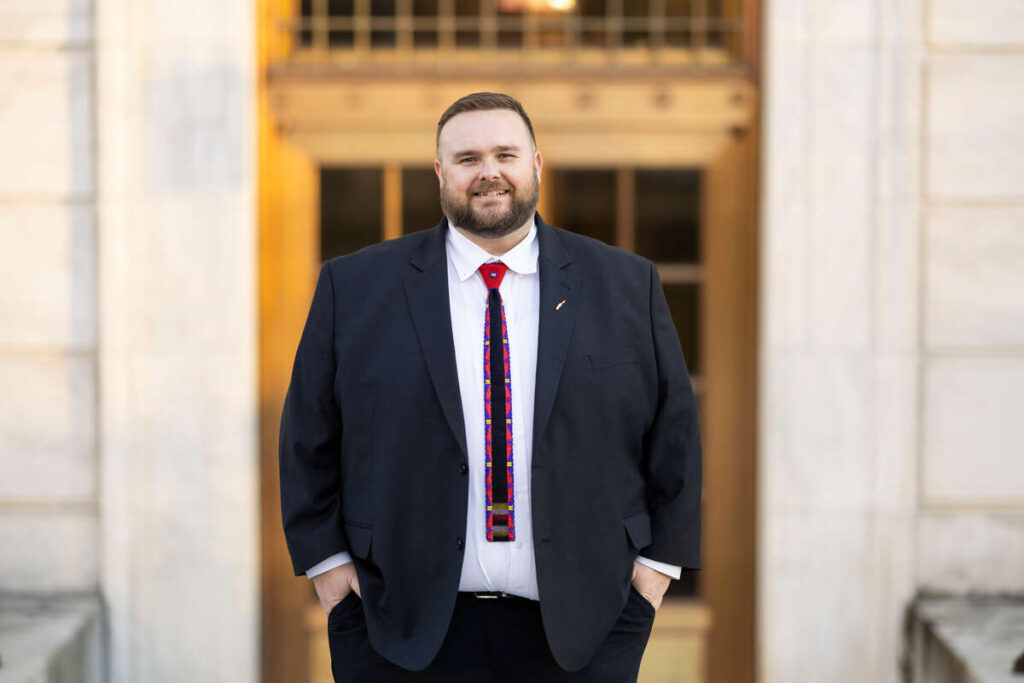It’s a question that’s top of mind for any job seeker: What experiences and skills matter most when it comes to landing a position? Our Graduate Business Career Services team seeks to answer this question by talking to recruiters, founders, business owners and C-level executives about the qualities and skills they think make potential employees stand out and get noticed. This month, we spoke with Anna Leither, director of client services for Elicit Insights.
What do you look for in a candidate?
We're a fairly small company so it's important to us that we make the right hire. We're looking for candidates who are not only smart, driven and experienced, but also excited about working with a small, entrepreneurial organization. Some people have great work ethic but their mindset is "my job pays the bills." We're looking for people who want their job to be a more fulfilling aspect of their life - who view their work as an opportunity to build something great. In our case, we're building an organization that is pushing boundaries in analytics and marketing, and forging customer-centric change in Fortune 500 companies.
Since we are a consulting agency, we have numerous clients spanning a variety of industries, and employees are expected to be able to pivot from one client to the next, as well as work on multiple client projects at once. This means we need people who can absorb, process and store large quantities of new information quickly, as well as maintain relationships with many client contacts.
There are many more things we think about when screening candidates. To highlight a few:
- We talk with candidates about their professional development goals. It has to be a mutually beneficial fit, and there has to be enough room for growth within Elicit that we can reasonably expect the fit to last for a while.
- Our business operates with a geographically decentralized employee population; we meet at client sites part of the time, and collaborate remotely from home offices the rest of the time. We look for candidates who are comfortable with travel but also have the self-discipline needed to work effectively from home.
- Finally, there's an element of cultural fit that's hard to put a finger on, but really important to the hiring process. Our organization is like a second family. There are people from all walks of life, but there are certain common values that help us gel, such as intellectual curiosity, strong work ethic, appreciation for humor, passion for life and a genuine interest in the lives of others.
How would you describe Elicit Insights' business culture?
There's a great degree of equality within the organization. We have a flat organizational structure and build project teams from across the organization in whatever way will best serve the client (rather than sticking to a hierarchical team formula). So we end up with a community that works together really efficiently. I think people feel like their ideas are welcomed at all levels, and there's an open invitation for conversation.
What does NOT excite you about a candidate?
I am turned off by a candidate when I get a sense that he or she is not being entirely honest, is exaggerating their level of expertise or is trying to "butter up" the interviewer.
What are some exciting trends you see at Elicit or in the industry?
Our business is centered on customer data, which refers to everything a company knows about its customers. While the idea of "big data" is nothing new, the idea that companies should be organizing and analyzing their data with a customer-centric focus is definitely a critical trend in almost every industry. It's no longer creepy to think about companies knowing a lot about you. Instead, customers expect the companies they buy from to remember them, know what they like and use what they know about them to make their experiences with that company better.
What are some areas of need within the company?
Elicit has three primary business units: our data scientists help clients organize and analyze their customer data; our marketing team helps clients figure out what to do with the insight gained from their data; and our engagement management team runs our projects. We're always on the lookout for talent in all three areas, and we're especially interested in people whose skill sets span more than one of these areas.
What are a few of the specific skills you give top priority when hiring for a position?
When hiring data scientists we look for advanced degrees in data analytics and experience working with a variety of analytics software. When hiring for our marketing team, we want people who have experience working in a variety of positions in large corporate marketing departments, who are familiar with a variety of marketing tools and vendors and understand marketing execution processes. For our engagement management team, we look for candidates with a strong track record in account management, a keen attention to detail and a "get things done" attitude.
I think the most prominent common threads in any hiring decision are a candidate's ability to think critically and calmly in any situation and ability to communicate clearly and effectively.
What is your advice to job seekers who are trying to assess whether a company is a good fit for them? What questions would you suggest a candidate ask in order to evaluate this in an interview process?
- Ask about the organization's vision for its future and demonstrate an interest in the company as a whole rather than just an individual job.
- Ask about values and culture. When you think about it, your relationship with your employer and colleagues is probably just as important as other relationships in your life - you may spend nearly as much time at work as you do at home.
- Ask to talk with someone currently in the position you're interviewing for or a similar position. They'll be able to give you a good feel for what the day-to-day ins and outs of the job are and help you better evaluate which of your strengths will be put to use and where you may have skill or experience gaps. You might learn that the traffic during your commute is going to be worse than you thought, or that the dress code doesn't match your wardrobe, or that there's an annual corporate retreat, or free bagels every Friday. These are small things that can make a big difference when you add them up.
- While you don't want to give a potential employer the impression that you won't be satisfied in the position you're interviewing for, it's fair to ask about opportunities for growth and it's important to be honest about your professional goals. Ask about opportunities for autonomy within a given role, mentorship programs and how much interaction you can expect to have with leaders of the organization.







